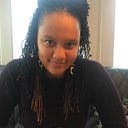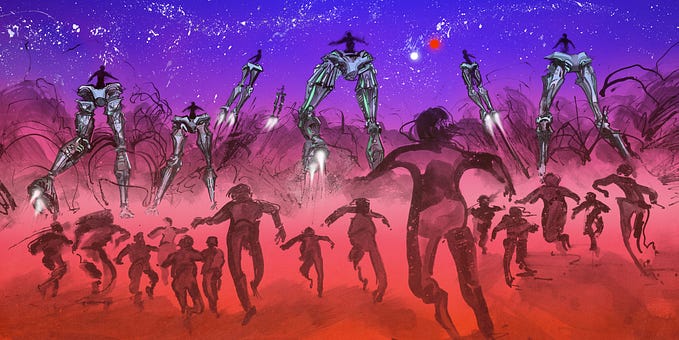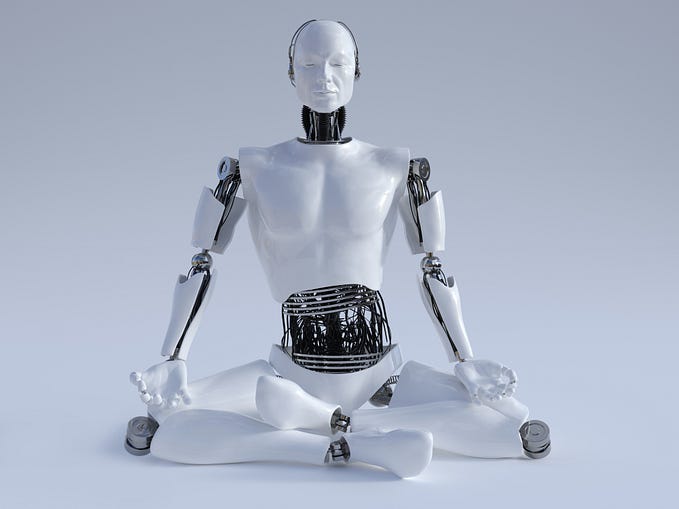Member-only story
When DNA Testing Gives You a Past and Threatens Your Future
The troubling risks of genetic testing while Black

 When I was a senior in college, I won the random prize of a DNA test from African Ancestry, a genealogical DNA testing company that provides family history information for people of African descent. My father took the MatriClan test, which traced our ancestry back to Africa through the mitochondrial DNA passed down from mothers to their children. Several months later, the results came back: My family on my father’s mother’s side hails from the Mende people of Sierra Leone.
When I was a senior in college, I won the random prize of a DNA test from African Ancestry, a genealogical DNA testing company that provides family history information for people of African descent. My father took the MatriClan test, which traced our ancestry back to Africa through the mitochondrial DNA passed down from mothers to their children. Several months later, the results came back: My family on my father’s mother’s side hails from the Mende people of Sierra Leone.
What does this mean for me?
It means I now know where my family comes from. If there are health problems specific to folks from this region, I can ask for certain tests from my doctor. If I want to know where a certain physical feature found in our family comes from, I might find it among images of these people.
It also means my DNA is now part of a large collection of genetic information held by a largely unregulated industry that has a history of sharing genetic data with the FBI as well as with other third parties for research purposes.
If I lived in a country where I trusted that the government, law enforcement, and large corporations all have my best interests in mind when it comes to how their actions might affect me, this wouldn’t be a problem. But I’m a young, queer Black woman living in 2019 America — I do not have that trust. Not to mention there is a mostly ignored history of race- and class-based eugenics in the United States that the nation has never truly confronted and still exists in different forms today. That movement could be greatly bolstered with genetic information from different groups in this country.
So why do African Americans continue to use DNA testing to learn where they come from? And how does that tie into the history and possible future of eugenics in the United States?
Reclaiming lost knowledge of the homeland for African Americans is a form of healing
For African Americans, discovering geographic origins, even in the absence of current cultural ties to ancestral homelands, can be transformative. The…









